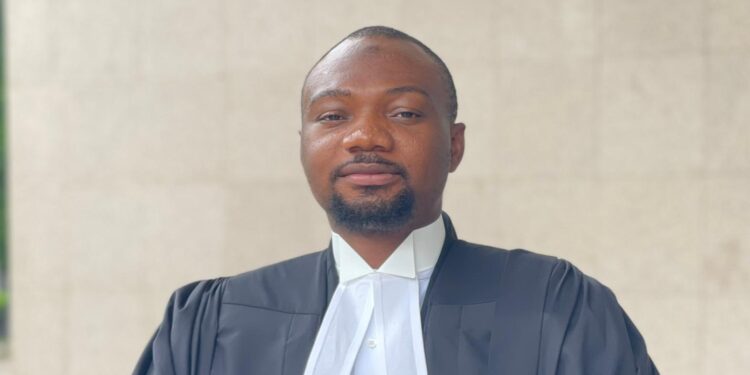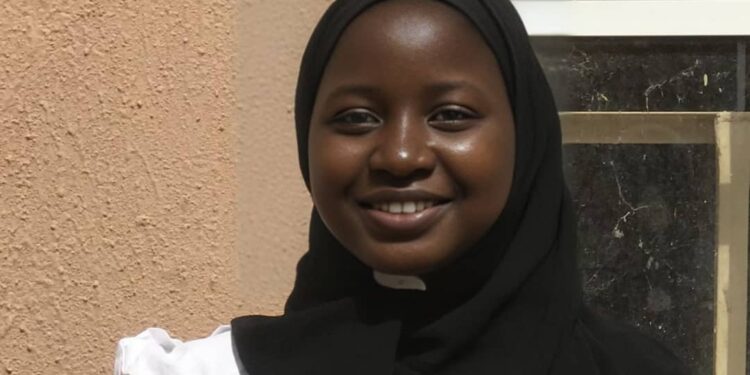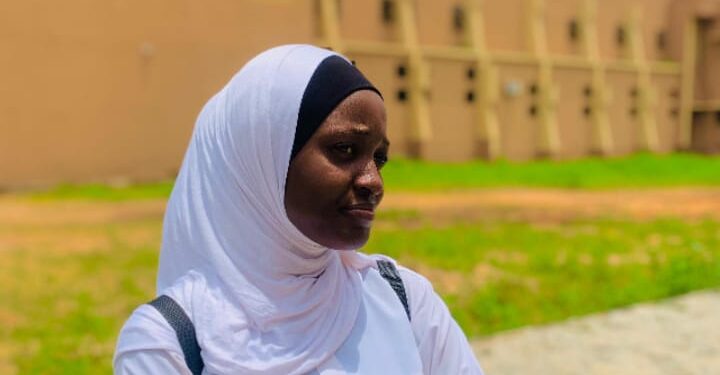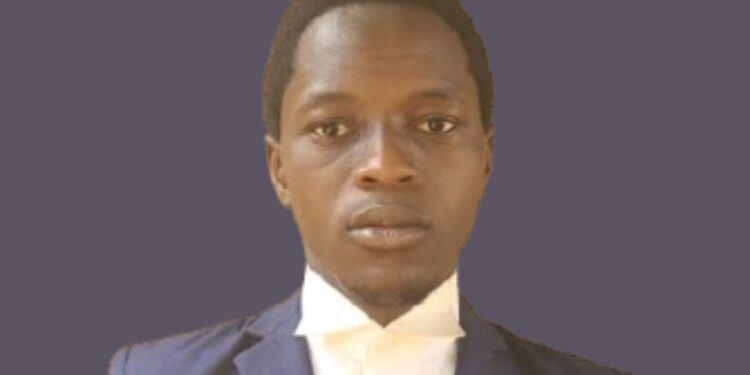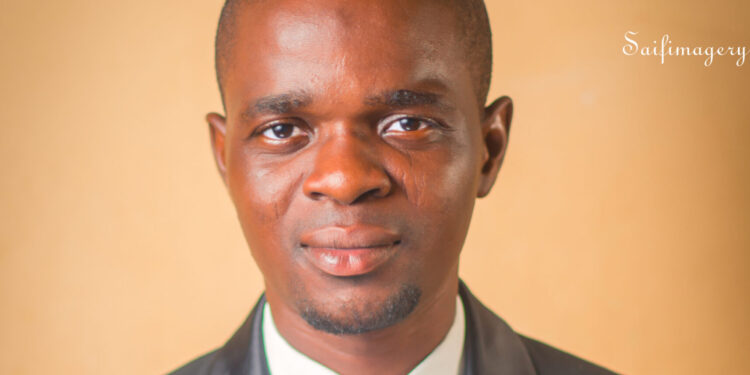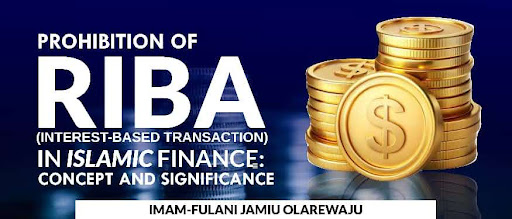by AbdulRofih AbdulBasit Ayobami
Introduction – Nigeria is a legally pluralistic society, with statutory, customary, and religious laws existing alongside one another to cater for the diverse population. For Muslims, Shari’ah law is a vital part of their religious practice, governing personal matters such as inheritance, marriage, divorce, and waqf (endowments).
In Northern Nigeria, Muslims have access to the Shari’ah Courts and its Appeal was established under Section 275 – 279 of the 1999 Constitution, to adjudicate Islamic personal law matters. However, in Southwestern Nigeria, the absence of Shari’ah Courts denies Muslims equal access to justice based on their faith.
For decades, Muslim organizations and individuals in the Southwest have petitioned state governments for the establishment of Shari’ah Courts, but these demands have largely been ignored. In response, Muslims have sought the creation of Shari’ah Arbitration Panels as a private and faith-based alternative. While some states approved the panels, others refused, and even in states where panels were established, attempts were made to limit or nullify their operations.
This article argues that Shari’ah Arbitration Panels are a fundamental right for Muslims in Southwestern Nigeria. Supported by Islamic principles of tahkim and the Arbitration and Mediation Act (AMA) 2023, these panels provide an effective and constitutional mechanism for resolving disputes. Drawing on international comparisons, this article demonstrates how arbitration can coexist with statutory legal systems and enhance access to justice for religious communities.
The Absence of Shari’ah Courts in Southwestern Nigeria
In Northern Nigeria, the Shari’ah Courts adjudicates disputes involving Islamic personal law, such as inheritance, marriage, divorce, and child custody. These courts ensure that Muslims can resolve disputes in a manner consistent with their religious beliefs. By contrast, in Southwestern Nigeria, Muslims are compelled to rely on statutory or customary courts, which often lack the expertise or framework to adjudicate cases based on Islamic law.
For example, in inheritance disputes, statutory courts may allocate assets contrary to Qur’anic prescriptions, which specify detailed shares for male and female heirs. Similarly, marital disputes adjudicated in statutory courts often disregard Islamic principles on divorce, reconciliation, and child custody, resulting in decisions that conflict with the religious values of Muslim litigants.
Despite repeated petitions from Muslim organizations for the establishment of Shari’ah Courts, state governments in Southwestern Nigeria have consistently rejected these demands. The refusal undermines Muslims’ constitutional right to freedom of religion under Section 38 of the Constitution and creates a sense of judicial inequity between the Northern and Southwestern regions.
Shari’ah Arbitration Panels: A Practical and Constitutional Solution
Tahkim in Islamic Jurisprudence is known as Arbitration. Tahkim in Islamic law, has a long history as a dispute resolution mechanism. The Qur’an promotes arbitration in disputes, particularly in family conflicts. For instance, Surat An-Nisa (4:35) states:
“If you fear dissension between a married couple, send forth an arbiter from his family and an arbiter from her family. If they dInesire reconciliation, God will bring them together.”
The Sunnah provides numerous examples of arbitration, with the Prophet Muhammad (PBUH) himself frequently serving as an arbitrator. This historical precedent underscores the legitimacy and effectiveness of arbitration as a Shari’ah-compliant alternative to formal litigation.
Nigeria, Shari’ah Arbitration Panels operate under the Arbitration and Mediation Act (AMA) 2023, which allows disputing parties to resolve conflicts outside formal courts. Section 15(1) provides that “The arbitral tribunal shall decide the disputes in accordance with the rules of law that is chosen by the parties as applicable to the substance of the dispute.” Thus enabling Muslims to resolve disputes based on Shari’ah.” and Section 28(1) state that “An interim measure issued by an arbitral tribunal is binding and, unless otherwise provided by the arbitral tribunal, shall be enforced upon an application to the court, irrespective of the country in which it was issued, subject to section 29 of this Act.”
By leveraging the AMA, Shari’ah Arbitration Panels provide Muslim citizens in Southwestern Nigeria with a private and faith-based mechanism to resolve disputes. Importantly, these panels are exclusive to Muslims and do not impose their decisions on non-Muslims, ensuring harmony within the multi-religious society of the Southwest.
Comparisons with Other Countries
- Malaysia
Malaysia operates mixed legal system that integrates Shari’ah Courts with civil courts. The Shari’ah Courts handle matters of Islamic personal law, such as inheritance, marriage, and divorce, while civil courts address statutory and criminal matters. In addition to formal courts, Malaysia’s Asian International Arbitration Centre (AIAC) facilitates Shari’ah-compliant arbitration, particularly in commercial disputes. This dual system ensures that Muslims have access to religiously aligned dispute resolution mechanisms without undermining the broader legal framework. - India
India’s legal system also accommodates religious laws through the Muslim Personal Law (Shariat) Application Act, 1937, which governs marriage, divorce, and inheritance for Muslims. While India does not have formal Shari’ah courts, informal arbitration councils (Darul Qaza) operate within Muslim communities to resolve disputes based on Islamic law. These councils provide an accessible, faith-based alternative to civil courts, particularly in regions where Muslims are a minority. - United Arab Emirates (UAE)
In the UAE, the International Islamic Centre for Reconciliation and Arbitration (IICRA) specializes in resolving disputes using Shari’ah principles, particularly in commercial and financial matters. The IICRA operates independently but collaborates with statutory courts to ensure that its awards are enforceable. This model demonstrates how Islamic arbitration can coexist with formal legal systems and provide effective dispute resolution for Muslims.
These examples highlight the viability of arbitration as a mechanism for resolving disputes within Islamic frameworks. They also show that arbitration can complement formal judicial systems, providing religious communities with greater access to justice.
Challenges to Shari’ah Arbitration Panels in Nigeria
- Government Resistance
Some state governments in Southwestern Nigeria view Shari’ah Arbitration Panels as unnecessary or politically sensitive. Even in states where panels have been approved, governments have occasionally sought to limit their scope or nullify their operations, creating barriers for Muslim citizens. - Misconceptions about Religious Tensions
Opponents of Shari’ah Arbitration Panels argue that their establishment might create tensions between Muslims and Christians. However, this argument is flawed, as these panels are exclusively for Muslims and do not interfere with the rights or interests of non-Muslims. - Lack of Institutional Support
Unlike Shari’ah Courts, arbitration panels lack government funding and infrastructure, making their establishment dependent on private efforts. - Public Awareness Gap
Many Muslims in Southwestern Nigeria are unaware of their rights under the AMA to establish Shari’ah Arbitration Panels. This lack of awareness prevents communities from utilizing arbitration as a viable mechanism for resolving disputes.
Recommendations
- Formal Recognition
State governments should formally recognize Shari’ah Arbitration Panels as a fundamental right for Muslim citizens. This recognition would provide the institutional backing necessary for these panels to operate effectively. - Codification of Rules
Uniform guidelines should be developed to regulate the operation of Shari’ah Arbitration Panels, ensuring consistency with both Shari’ah principles and the AMA. - Awareness Campaigns
Educational initiatives should be launched to inform Muslim communities about their rights to utilize arbitration panels. These campaigns should emphasize that the panels are exclusive to Muslims and do not affect non-Muslim citizens. - Collaboration with Islamic Organizations
Muslim organizations should work together to advocate for the establishment and recognition of Shari’ah Arbitration Panels, presenting a unified voice to state governments.
Conclusion
The absence of Shari’ah Courts in Southwestern Nigeria creates a judicial gap for Muslim citizens, denying them access to religiously compliant dispute resolution mechanisms. Shari’ah Arbitration Panels provide a practical, constitutional, and faith-based solution to this problem. Drawing on global examples from countries like Malaysia, India, and the UAE, Nigeria can integrate arbitration into its legal framework to ensure that all citizens enjoy equal access to justice.
By formally recognizing arbitration panels, codifying their rules, and raising public awareness, state governments can uphold the constitutional rights of Muslims in Southwestern Nigeria, reinforcing the nation’s commitment to legal pluralism, religious freedom, and judicial equity.
AbdulRofih AbdulBasit Ayobami is a 300 level Law student from Usmanu Danfodiyo University, Sokoto (UDUS) studying Common and Islamic law.
He can be reach by the following:
abdulbasitabdulrofih@gmail.com. Whatsapp: 08057688553.




![Isin Kara: Business activity commences as Olusin Inspects Market [Video]](https://ideemlawful.com/wp-content/uploads/2025/08/IMG-20250812-WA0016-75x75.jpg)




